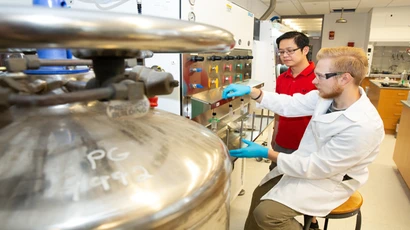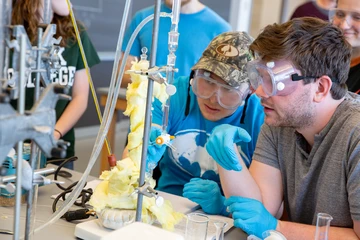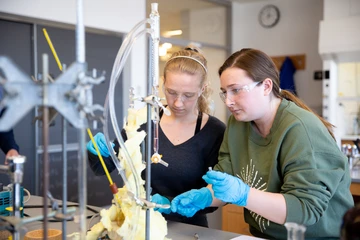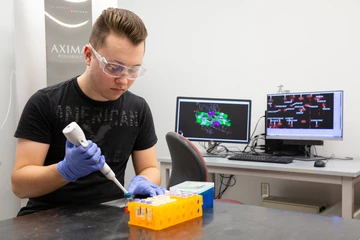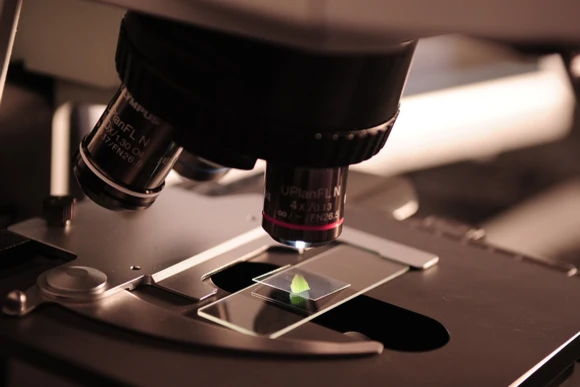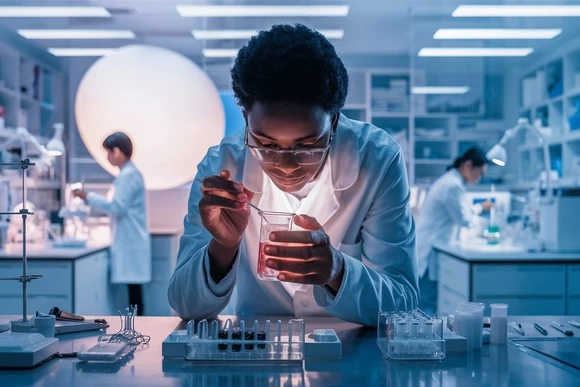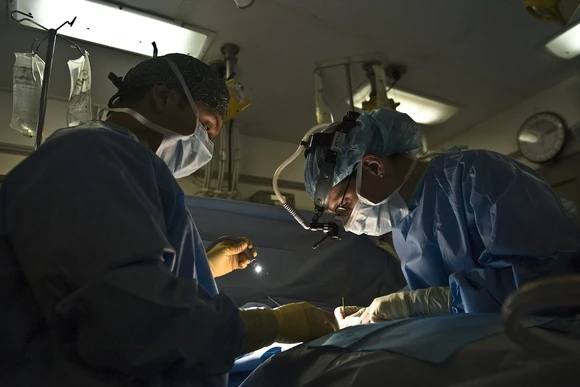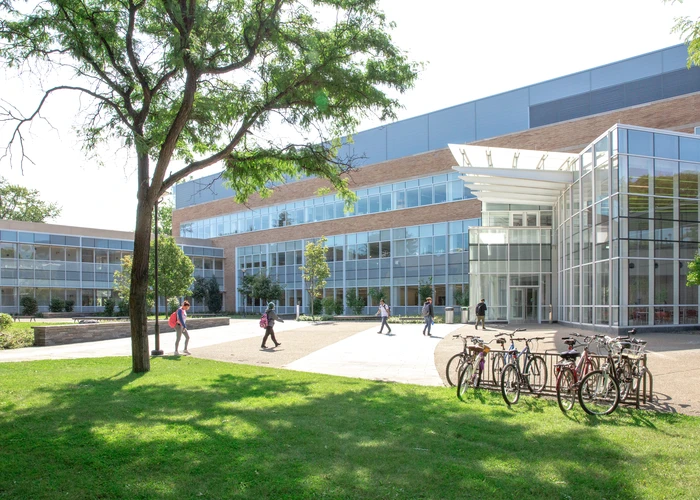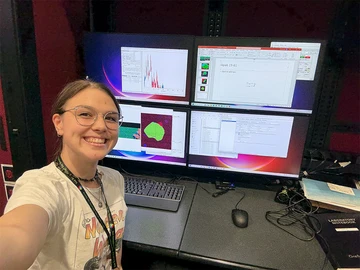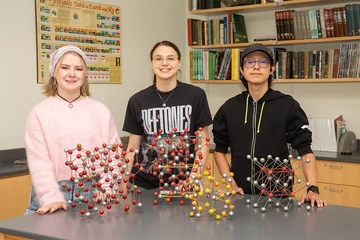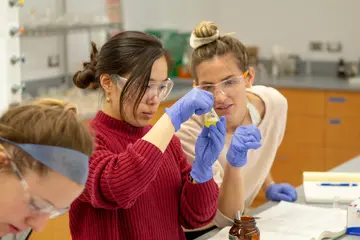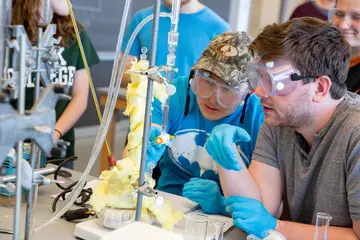Discover the Science Behind Life
Dive into the fascinating world where chemistry meets biology. Fredonia’s Department of Chemistry and Biochemistry is certified by the American Chemical Society and housed in Fredonia's $60 million Science Center. Our Biochemistry Degree equips you with the technical and analytical skills needed to solve some of today’s biggest challenges in medicine, agriculture, and industry. With hands-on research and the flexibility to choose between tracks including: general chemistry, organic chemistry, analytical chemistry, biochemistry, inorganic chemistry and physical chemistry. Earning your degree prepares you for graduate school, medical school, careers in biochemical research, and beyond.
What You'll Gain
- Dual Focus – Choose between a chemical emphasis for molecular study or a biological emphasis to solve physiological problems.
- Hands-On Research – Start conducting impactful research as early as your sophomore year on projects like anti-cancer drugs or environmental pollutants.
- American Chemical Society Certified – Graduate with a biochemistry degree from a program recognized for its academic rigor and professional standards.
- National Exam Success – Consistently outperform national averages on core course exams required for all students.
- Career Flexibility – Pursue diverse careers in pharmaceuticals, environmental science, teaching, or even patent law.

